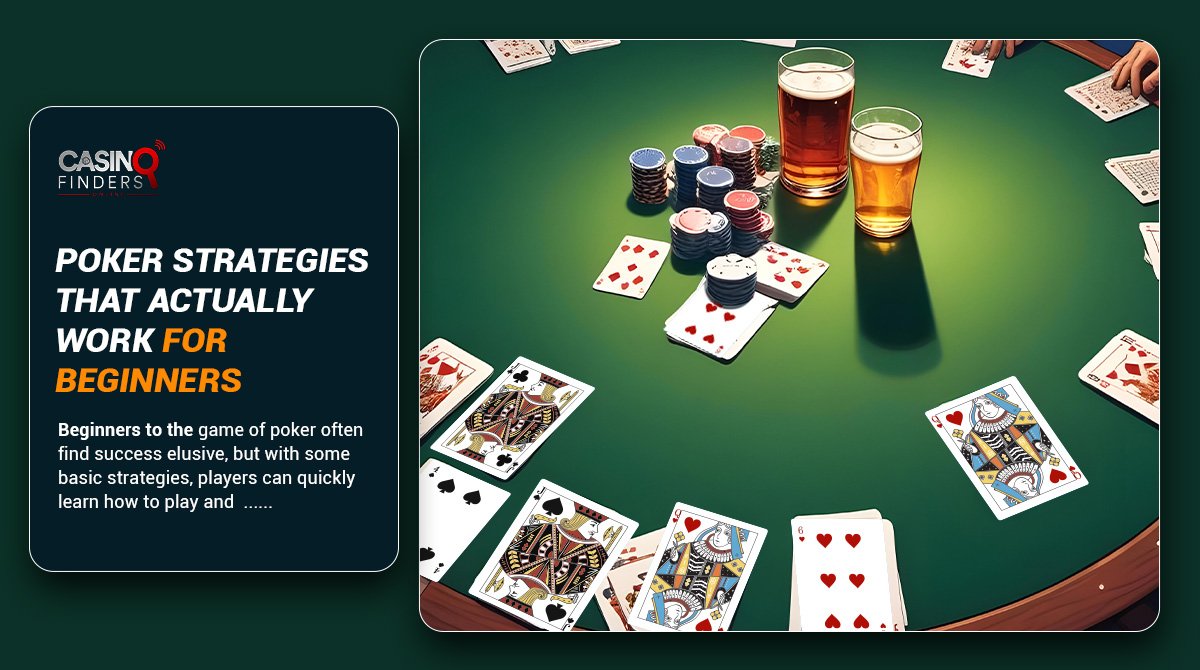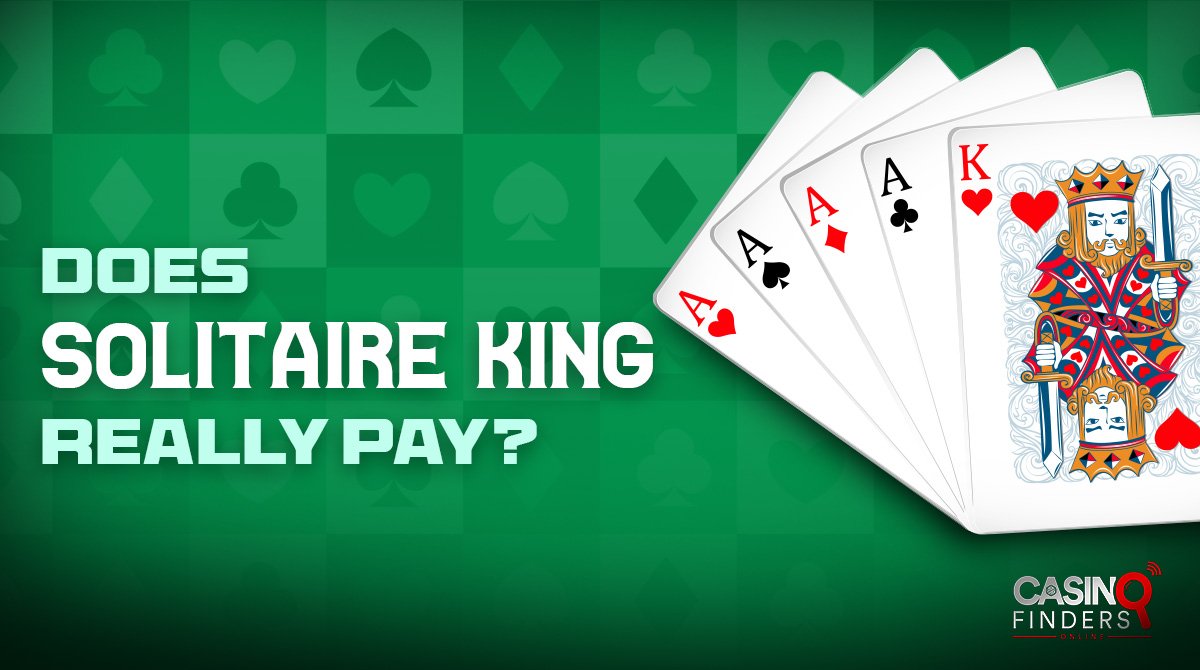Beginners to the game of poker often find success elusive, but with some basic strategies, players can quickly learn how to play and win. Here are some tips for beginner poker players that will help them succeed in the game. In this article we will discuss with you the basic strategies in poker and then help you gain competitive advantage over your opponents.
What are the most common tips in poker?
Some of the most important poker strategies include proper bankroll management, finding a good table selection, and understanding poker math. Bankroll management is essential as it helps you manage your poker money effectively so that you don’t go broke during poker sessions. Table selection should also be part of your poker strategy in order to find games with weak opponents where you can have an advantage. Understanding poker math and being able to calculate pot odds is essential in poker as well and should be part of your poker strategy. Additionally, having a good understanding of poker betting patterns will help you spot subtle tells those other players may give away. Finally, always remember to take notes in poker so you can review past poker hands and learn from mistakes. Overall, these poker strategies will help you become a better poker player. However, they are not all the strategies you need, we are going to have a close look at this game.
Learn Hand Rankings, Rules, and Positions
Learning Hand Rankings, Rules, and Positions is an integral part of success in poker. Hand Rankings refer to the hierarchical order of a player’s hand strength, from strongest to weakest. Hand Rankings are based on five-card hands consisting of two hole cards (cards dealt face down) and up to three community cards (cards dealt face up). A Hand Ranking chart should be studied and referenced to determine which hands are stronger than others.
In addition to Hand Rankings, it is important for players to understand the Rules and Positions of poker. Poker Rules refer to the procedural guidelines for betting, raising and folding in each particular game format. It is essential that players know the rules so they can make informed decisions about their hand. Positions refer to the relative position of a player at the table in comparison to other players. Knowing positions and when it is optimal to act can be invaluable in making strategic plays.
By mastering Hand Rankings, Rules, and Positions, poker players will put themselves in prime position for success at the table. With practice and dedication, they can gain the skills necessary to take their poker game to the next level. So, get ready to hit the tables with confidence; Hand Rankings, Rules, and Positions are your ticket to success!
Choose Your Starting Hand Carefully
In Poker betting, the starting hand that you choose can be a major factor in how your game progresses. A good starting hand can set up a great foundation for a well-played Poker round and lead to success, while a bad starting hand can leave you at an immediate disadvantage. That’s why it’s important to take some time to consider your starting hand carefully before placing any Poker bets.
It can be beneficial to consider the type of Poker variant you’re playing and the strategies needed in that particular game when deciding which starting hand is right for you. For example, if you’re playing Texas Hold’em Poker, it’s a good idea to select a starting hand that has higher value cards, or two matching cards. By doing this you will be in a much better position to win the Poker round.
On the other hand, if you’re playing Omaha Poker, it can be beneficial to choose a starting hand with four different suits. This will give you multiple ways to create a strong Poker hand as the game progresses.
Play Aggressively not too much conservatively
When it comes to Poker strategies, playing aggressively is often a more successful approach than playing conservatively. Aggressive poker can be extremely profitable in the short and long run when done correctly. It allows players to take control of the game by continually betting and raising instead of just checking or calling. This type of play leads to winning more pots with less risk. Furthermore, aggressive Poker strategies can be used to create more opportunities to win by intimidating opponents into folding or calling bets with weaker hands.
Choose the Best Position
The position you choose to sit at the poker table is an important decision. Poker players must consider their playing style, the size of the table, and other players’ tendencies when selecting a spot. While every situation will be unique, there are some general tips to help you pick the best possible position.
Table Position
The first factor to consider is the size of the table. If you are playing at a large table (more than eight players), then you will likely want to be in either an early or late position. These seats will provide you with more information about how other players are betting before it’s your turn, allowing you to make better decisions. If the table is small (six or fewer players), then you should opt for a middle position. This will give you the advantage of seeing most of the action before it’s your turn to act.
Don’t Change your table
When it comes to successful poker betting, one of the most important tips is not to change your table. Poker games can quickly become unpredictable and volatile, and if you switch tables too often you may not have enough time to adjust your playing strategy. It’s also important to remember that players at different tables may be more experienced or skilled than you, and switching tables may put you in an unfavorable spot. Additionally, staying at the same table allows you to get familiar with your opponents’ tendencies and playing styles, giving you a better chance of reading their moves and making more informed bets.
Play when you are Relaxed
Playing Poker is much more than just picking up your cards, looking at them and hoping for the best. Poker involves strategy, skill and above all else, a clear head. It is important to ensure that you are in the right frame of mind before playing Poker; if you are feeling too stressed or overwhelmed it can be difficult to make good decisions and you are likely to end up losing. Poker is best played when you are relaxed, so take the time to clear your mind before starting a game. Here are some Poker tips that will help you stay mentally sharp and prepared for a successful Poker session:
- 1. Get plenty of rest: Poker involves being able to think quickly on your feet, so make sure you’re well-rested before sitting down to play.
- 2. Avoid distractions: Poker requires focus and concentration, so keep any distractions such as phones or TVs away from the table.
- 3. Take breaks: Poker can be mentally draining, so take regular breaks to give your mind a rest.
- 4. Stay hydrated: Dehydration can cause fatigue, so make sure to keep yourself hydrated during Poker sessions.
- Take deep breaths: If you start to feel overwhelmed or stressed, take some deep breaths and remind yourself of the Poker strategies that have worked for you in the past.
Use Poker statistics in your advantage
Using Poker statistics in your advantage is a great way to gain a competitive edge in the game. Poker is all about making decisions, and having accurate Poker statistics can help you make better decisions at the table. Poker statistics include information on how often certain hands are played, how often opponents bet or raise, and other important facts about opponents’ playing styles. By understanding Poker statistics, you can make more informed decisions and increase your chances of success. Poker statistics also provide insight into the strength of opponents’ hands, allowing you to better read their betting patterns and hand ranges. With this knowledge, you can adjust your own strategy accordingly and use Poker statistics in your favor.
Read your opponent’s cards
Hand reading is an essential skill in poker. It involves observing your opponent’s cards, actions, and reactions to make educated guesses about their hand strength. By understanding what kind of hands your opponent likely holds, you will have a better chance at making the correct decisions during the game. To be successful at hand reading, you need to pay attention to the opponent’s cards—both the type of card they have and how they use it. You can also take notice of any tells or physical cues that will help you determine their hand strength. By taking all these factors into consideration, you can make more informed decisions about your own game and gain an edge over your opponent.
Bluff at the right hand
Bluffing is a key element of poker, and the right time to bluff can be the difference between winning and losing. Bluffing at the right hand can often lead to success, as it puts your opponents on the defensive and allows you to take control of the game. Being able to read tells in your opponents will help you determine when to bluff, as well as what type of bluff to use. Bluffing can also be used strategically, for example if you know your opponent is likely to fold with a certain hand then you can call their bluffs and take the pot. Bluff timing is an essential skill that needs to be mastered in order to become a successful poker player.





 Written by
Written by 



 Cashback Bonus
Cashback Bonus



















